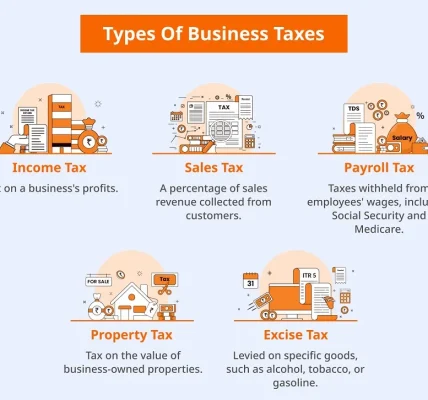Navigating the world of retirement savings can feel like traversing a complex maze‚ especially when trying to understand how 401k investment companies work. These companies play a crucial role in helping individuals plan and secure their financial future‚ but the specific mechanisms behind their operations are often shrouded in mystery. Understanding the inner workings of these firms‚ from investment strategies to administrative processes‚ is essential for making informed decisions about your retirement contributions. This knowledge empowers you to actively participate in shaping your financial destiny and maximizing the potential of your 401k.
The Core Functions of 401k Investment Companies
401k investment companies are multifaceted organizations that handle various aspects of your retirement savings. Their primary functions include:
- Plan Administration: Managing the day-to-day operations of the 401k plan‚ including enrollment‚ contribution processing‚ and record-keeping. This ensures accurate tracking of your investments and provides you with regular statements outlining your account balance and performance.
- Investment Management: Offering a range of investment options‚ such as mutual funds‚ stocks‚ and bonds‚ to suit different risk tolerances and investment goals. They employ professional fund managers to analyze market trends and make investment decisions aimed at generating returns for plan participants.
- Compliance: Ensuring that the 401k plan adheres to all applicable laws and regulations‚ including those set forth by the IRS and the Department of Labor. This safeguards your retirement savings and protects you from potential penalties or legal issues.
- Communication and Education: Providing educational resources and communication channels to help employees understand their 401k plan options and make informed investment decisions. This may include workshops‚ online tools‚ and personalized consultations.
Delving Deeper: How Investment Decisions are Made
The investment management arm of a 401k investment company typically operates with a structured approach. This involves:
- Asset Allocation: Determining the optimal mix of asset classes (stocks‚ bonds‚ real estate‚ etc.) based on factors such as market conditions‚ participant demographics‚ and plan objectives.
- Fund Selection: Choosing specific mutual funds or other investment vehicles to populate the plan’s investment menu. This selection process often involves extensive research and due diligence to identify funds with strong track records and reasonable fees.
- Performance Monitoring: Continuously tracking the performance of the selected funds and making adjustments as needed to ensure they continue to meet the plan’s investment goals. This may involve replacing underperforming funds or rebalancing the asset allocation.
Understanding Fees and Expenses
It’s crucial to be aware of the fees and expenses associated with your 401k plan‚ as these can significantly impact your long-term returns. Common fees include:
- Administrative Fees: Cover the cost of plan administration‚ record-keeping‚ and compliance.
- Investment Management Fees: Paid to the fund managers for their expertise in managing the plan’s investments. These are typically expressed as an expense ratio‚ which is a percentage of the assets under management.
- Transaction Fees: May be charged for certain transactions‚ such as transferring funds between investment options.
By understanding these fees‚ you can make informed decisions about your investment choices and potentially reduce your overall costs. Remember that even seemingly small fees can compound over time‚ so it’s important to pay attention to them.
FAQ: Demystifying 401k Investment Companies
Q: Are 401k investment companies the same as financial advisors?
A: While some 401k investment companies may offer financial advisory services‚ they are not always the same. 401k investment companies primarily focus on managing the 401k plan itself‚ while financial advisors provide personalized financial advice tailored to individual circumstances.
Q: How do I choose the right investments within my 401k plan?
A: Consider your risk tolerance‚ time horizon‚ and investment goals. Diversify your investments across different asset classes to reduce risk. Many 401k plans offer target-date funds that automatically adjust your asset allocation as you approach retirement.
Q: What happens to my 401k if I leave my job?
A: You have several options: you can leave your money in your former employer’s plan (if allowed)‚ roll it over to a new employer’s plan‚ roll it over to an IRA‚ or cash it out (although this may result in taxes and penalties).
Q: How often should I review my 401k investments?
A: It’s generally recommended to review your 401k investments at least once a year‚ or more frequently if there are significant changes in your life or the market.
Ultimately‚ understanding how 401k investment companies work empowers you to take control of your retirement savings and make informed decisions that align with your financial goals. By actively participating in your 401k plan and seeking out educational resources‚ you can increase your chances of achieving a comfortable and secure retirement.

